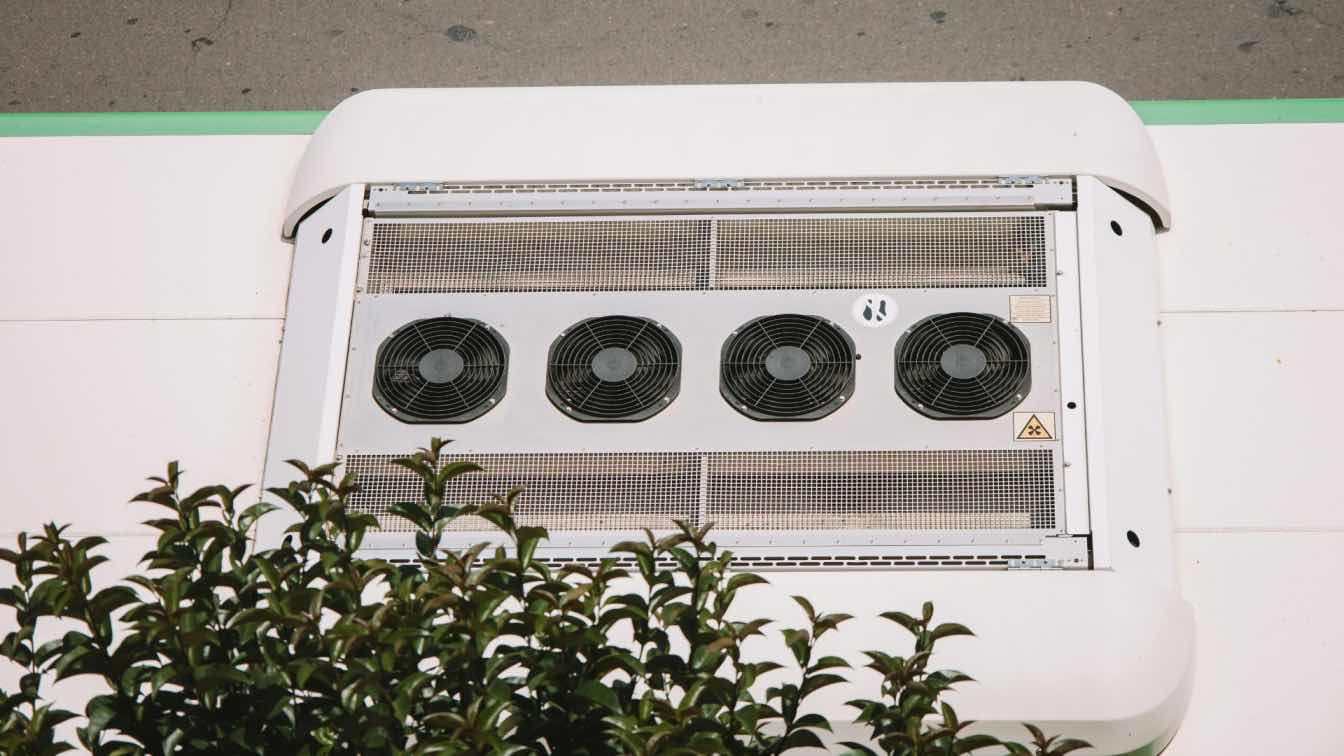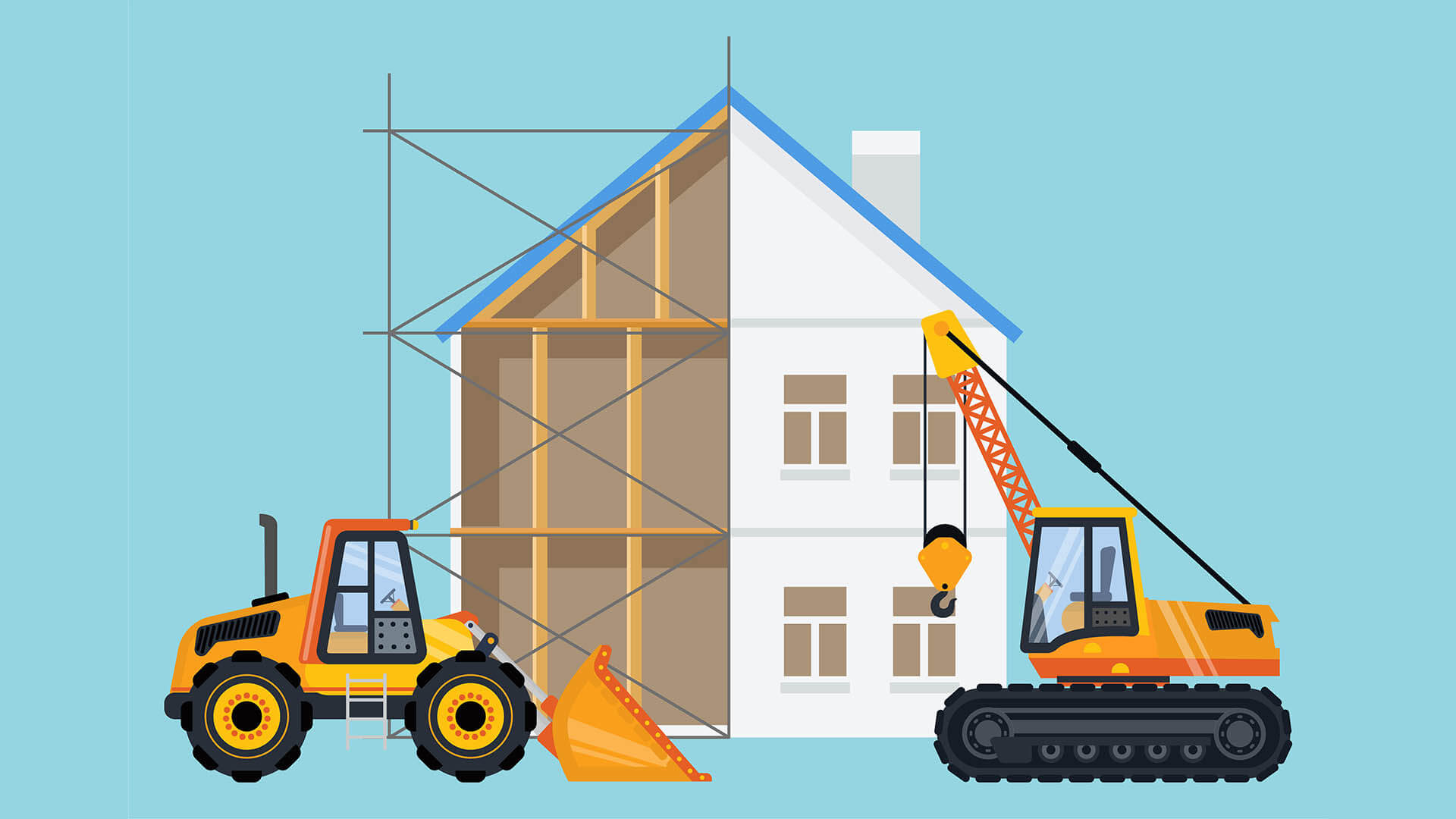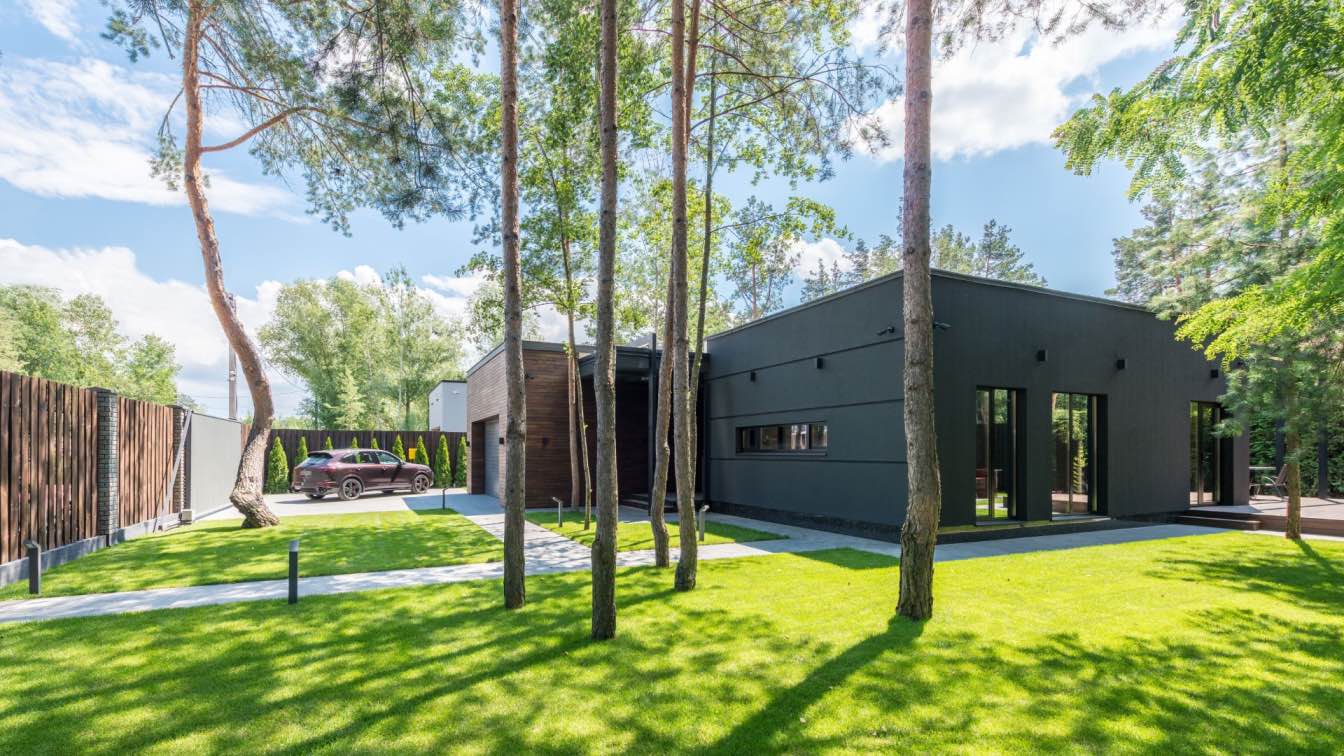Residential and Industrial HVAC systems perform the same functions, providing warm temperatures, air conditioning, and sufficient airflow. However, they do work and serve different functions. The most notable differences in industrial and residential HVAC systems are size, placement, power requirements, price, and maintenance. Residential Heating, Ventilation, and Air Conditioning (HVAC) systems make an indoor environment comfortable and livable. In contrast, industrial HVAC solutions offer comfortable and energy-efficient work settings. Here are the main differences between industrial and residential HVAC systems.
Scale and Capacity – Size Matters
When it comes to HVAC system comparison, residential HVAC units are smaller than industrial HVAC units. Industrial HVAC systems regulate temperature conditions in far larger areas, which is the main reason behind this. Besides, industrial HVAC systems have extra components such as evaporators and compressors. These additional components also lead to the size of industrial HVAC systems being much larger compared to residential HVAC systems.
Complexity of Design and Installation
Residential HVAC systems have fewer parts and are relatively simple. Conversely, commercial HVAC systems have advanced elements such as VAV boxes and dampers, allowing better airflow and temperature regulation in different working areas.
Residential HVAC systems are generally placed in the courtyard or side of the house. Meanwhile, industrial HVAC systems are installed in marshland cool boxes or on the roof of a building. This is because;
1. It saves space.
2. It offers a noiseless environment in the work area.
3. It is a seamless maintenance solution since no activity is interrupted during replacements and repairs.
Maintenance and Durability Demands
Industrial HVAC systems require more cautious efforts during maintenance. They typically require the service of qualified and highly skilled specialists to guarantee they are working appropriately. However, residential HVAC systems are easier to keep up with because they need repairs less often.
Energy Efficiency and Environmental Impact
Industrial HVAC systems are more complex and larger, with high energy consumption rates, and are designed to work more efficiently over larger areas. As a result, commercial HVAC systems use more electricity and energy than residential units.
However, residential and industrial HVAC systems significantly impact the environment since they rely on electric energy to work. On the other hand, residential HVAC units use a single-stage static system, which consumes more energy than industrial HVAC systems, which use multi-stage systems.
Purpose and Performance Goals
The purpose of residential HVAC systems is to offer comfortable living spaces in a home. These systems are usually small, less multifaceted, and often fixed in isolated, non-disruptive areas in home premises. Residential HVAC systems are customized to the needs of a few individuals. Nevertheless, they can be readily customized beyond that according to the needs and convenience of needy individuals.
On the other hand, industrial HVAC systems are for business properties, such as retail stores, offices, and warehouses. They are large, have complex designs, and are more powerful to serve huge areas and numerous occupants.
Choosing the Right System for the Job
Choosing the right HVAC system involves multiple considerations, as it is complex. Here are a few top factors to consider when selecting an HVAC system.
The HVAC System's Size
Residential HVAC systems are designed for small living spaces, like condos and houses. On the contrary, industrial HVAC systems are designed for large spaces such as retail stores, offices, cafeterias, etc.
The Size of the Space
Residential HVAC systems are typically permanent equipment parked outside or in a corner of your house. Usually, in contrast, industrial HVAC systems are typically located on the roof of the building as a space-saving measure due to their size and noise pollution.
The Component's Complexity
Residential HVAC systems have relatively simple components and only use one unit to cool or heat an entire home. Conversely, industrial HVAC units are more multi-layered. They frequently have manifold units, each in charge of cooling or heating different building areas.
Long-Term Consequences
Also, the long-term consequences of industrial and residential HVAC systems should be considered. Though residential HVAC units are economical and easy to fix and maintain, industrial HVAC systems offer greater control and effectiveness. This ultimately leads to cost savings, particularly in the case of corporate environments.
Conclusion
The right heating and cooling system is essential for health and efficacy. Understanding the differences between residential and commercial HVAC systems allows you to choose one that meets your property's needs. If you are still unsure which HVAC system will best meet your needs, get in touch with Fusion Repairs. We have a highly skilled and experienced team with vast knowledge of different HVAC system types on the market.





